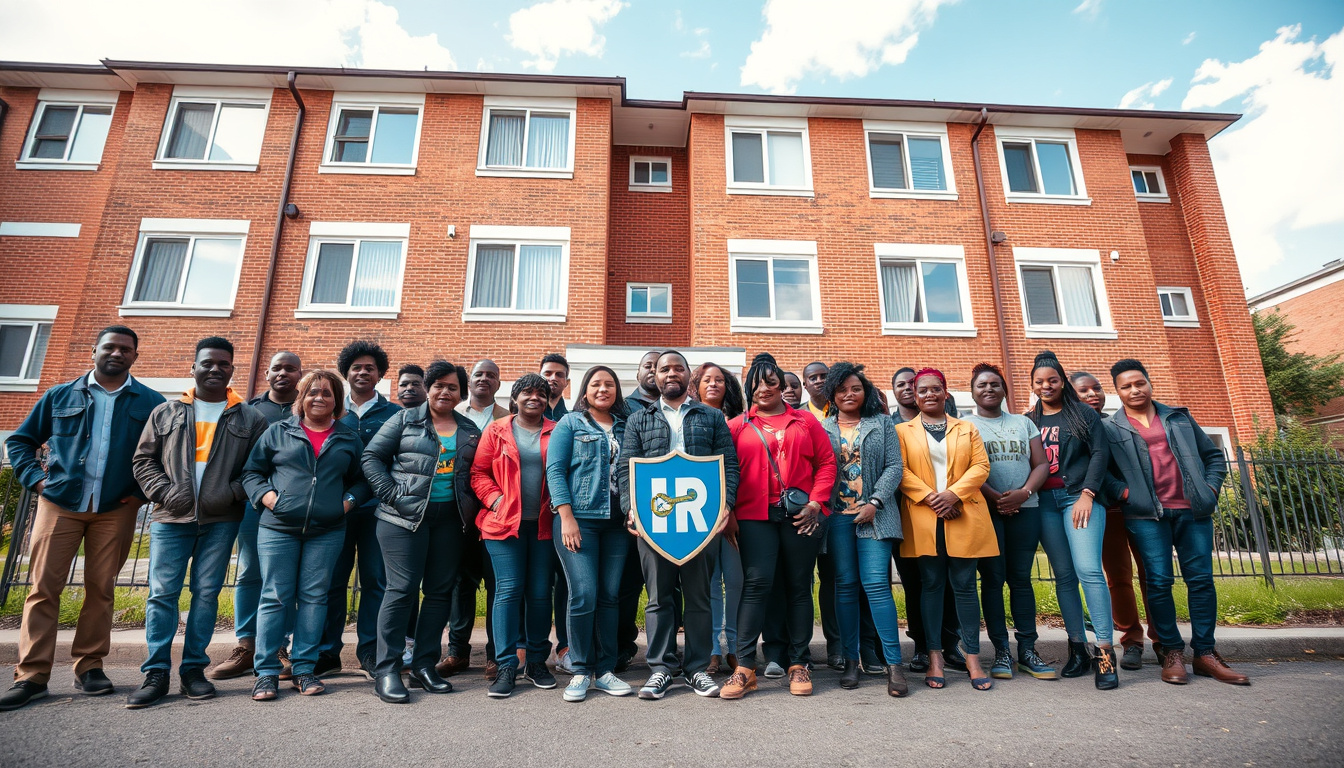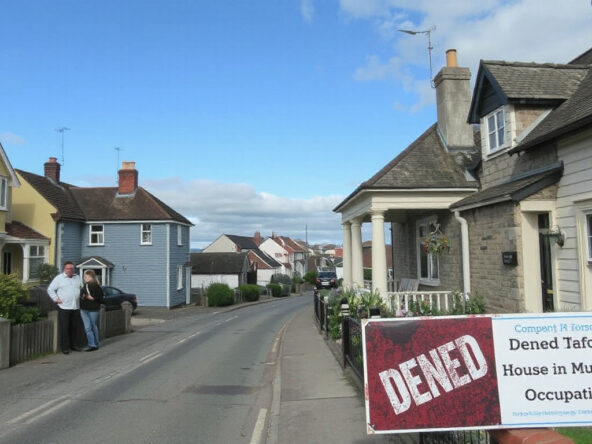Understanding House in Multiple Occupation (HMO) Regulations: What Tenants Need to Know
Sharing a home with people who are not family puts you in a House in Multiple Occupation (HMO). If your landlord does not hold the proper licence, you may live in an unlicensed HMO. This error can bring financial issues for tenants and landlords.
What Is a House in Multiple Occupation (HMO)?
A House in Multiple Occupation may be a large house or even a small flat. UK law shows an HMO exists when three or more tenants form two or more households and share a kitchen, bathroom, or toilet in one property. A two-bedroom flat where a couple and one single person live together is an HMO.
Standard Definition
To spot an HMO, check these two points:
- Occupancy: The property holds at least three people from different households.
- Shared Facilities: There is at least one shared area, like a kitchen or bathroom.
Why Does Being Unlicensed Matter?
In Birmingham, your HMO must have a valid licence. The city now requires even small HMOs to obtain a licence. This rule keeps the property safe, manages waste issues, and controls bad behavior when many tenants reside together.
Implications of an Unlicensed HMO
Living in an unlicensed HMO may lead to hard outcomes:
- Fines for Landlords: Landlords can face fines up to £30,000.
- Rent Recovery Rights: Tenants can claim back up to 12 months of rent through a Rent Repayment Order.
- Invalid Notices: A section 21 notice to quit may be declared void.
How Can I Check If My HMO Is Licensed?
You can check if your property has the right licence using a public register maintained by your local council. Many residents may not know they live in an unlicensed HMO.
Steps to Verify Your HMO’s Licence
- Consult the Public Register: Check the licence status on the Birmingham City Council’s public register.
- Seek Support: If you have doubts, visit the Birmingham City Council website. Their page provides more details about property licensing.
If you suspect that you live in an unlicensed HMO, report it to the council by emailing **@bi********.uk or use the reporting portal on the council website. You can also look into your rights regarding Rent Repayment Orders if you face housing challenges.
Conclusion
In summary, if you share your living space with people who are not family, you may be in an HMO. It is very important that both tenants and landlords follow the licence rules. An unlicensed HMO can lead to serious legal and financial issues. Check your property’s licence status to keep your home safe and legal. Your comfort and rights matter, and the local council can guide you.
Sources
- Birmingham City Council: Property Licensing Information
- UK Government Guidance on HMOs: Families and Households
- Rent Repayment Orders: Understanding Rent Repayment Orders
By staying informed and active, you can help ensure that your home is safe and legal.



